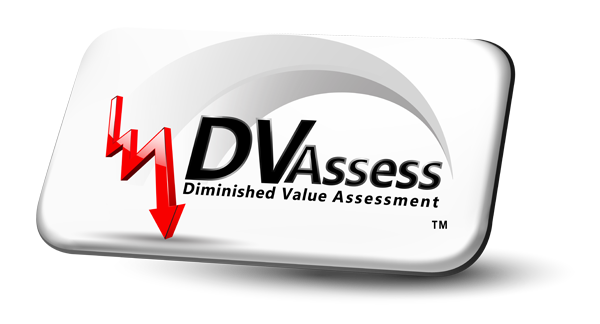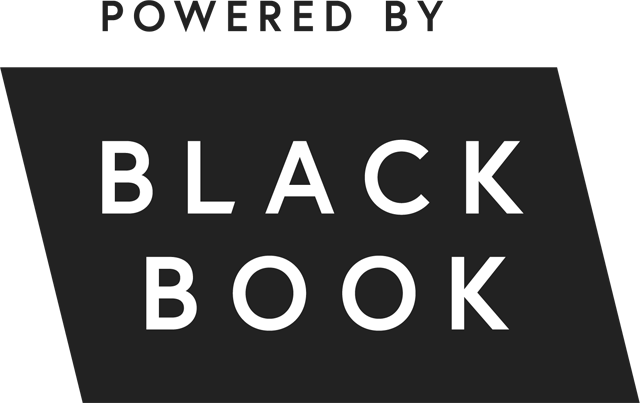Maximizing Your Settlement in a Total Loss Scenario

Dealing with a totaled vehicle can be a daunting and complex process. When faced with this challenging situation, one key question often arises: “Can you ask for more money when your car is totaled?” Understanding how to navigate the intricacies of insurance claims, negotiations, and knowing your rights becomes essential in securing a fair settlement. It is also worth noting the impact of diminished value on insurance and resale value.
This article aims to guide you through the steps to effectively handle your insurance claim, offering strategies for negotiating with your insurer and insights into leveraging your rights for a better outcome. Whether you are dealing with an insurance company’s initial offer or seeking to dispute their assessment, being armed with the right knowledge and approach can significantly impact the financial resolution of your totaled car claim.
Understanding the Insurance Process for a Totaled Vehicle
When your car is declared a total loss by an insurance company, it’s a critical moment to understand the process. Typically, insurance companies assess your car’s value based on factors like its pre-accident condition, market value, age, and mileage.
This valuation is crucial because it determines the settlement amount you’ll receive. Knowing how this process works and the factors considered can provide a foundation for any negotiations.
Researching your car’s value independently is an important step. Use resources like Kelley Blue Book, local dealership prices, and online listings to get a comprehensive idea of your car’s worth. This independent valuation is crucial when you feel the insurance company’s offer is too low. It’s also beneficial to gather records of recent upgrades or maintenance, as these can positively influence your car’s valuation.
In some instances, the insurance company’s offer may not align with your findings. This discrepancy is where negotiation comes into play. You have the right to dispute the insurance company’s valuation, but this requires a solid foundation of evidence and a clear understanding of your car’s worth.
Effective Negotiation with Your Insurance Provider
Entering negotiations with your insurance company can be daunting, but being prepared makes a significant difference. When presenting your case, it’s crucial to be clear, concise, and backed by solid evidence. Documentation supporting your car’s higher value can include maintenance records, recent upgrades, and comparative market prices.
Negotiating is not just about stating your case; it’s also about listening to the insurer’s perspective and finding common ground. Be ready to professionally and assertively address any counterpoints the insurer may present. Remember, the goal is to reach a fair settlement that reflects your car’s true value, not just to win an argument.
If negotiations reach an impasse, consider seeking a professional appraisal. An independent expert’s valuation can provide a more authoritative basis for your claim. Additionally, if you feel that the insurance company is not acting in good faith, consulting with a legal expert or contacting your state’s insurance department for guidance can be the next step.
Knowing Your Rights and Policy Details
Understanding your insurance policy in detail is vital. Familiarize yourself with the policy’s terms regarding total loss situations. Policies can vary significantly, and knowing exactly what your policy covers (and what it doesn’t) is crucial in these negotiations.
State laws also play a significant role in how total loss claims are handled. These laws can affect everything from the method of calculating the car’s value to the process of negotiation and settlement. Being aware of these laws can provide additional leverage in your negotiations.
In scenarios where you feel your rights are being overlooked, it’s important to know where to turn. Your state’s insurance department can be a valuable resource, offering guidance and ensuring that insurance companies adhere to the legal standards and fair practices.
Learning from Real-World Cases
Examining real-life examples of successful negotiations in total loss claims can provide practical insights. These cases often highlight the importance of thorough documentation, a clear understanding of policy and law, and strategic negotiation skills.
Analyzing these examples can reveal common strategies and pitfalls, helping you to better navigate your own claim. From these stories, you can glean tips on how to effectively communicate with insurance adjusters, the importance of persistence, and when to escalate the matter if necessary.
The experiences of others can serve as a roadmap, illustrating both the challenges and effective tactics in negotiating total loss settlements. These narratives underscore the importance of being well-informed and prepared in these situations.
Empowerment Through Knowledge and Strategy
Ultimately, successfully navigating a total loss claim hinges on being informed, prepared, and strategic. Understanding your car’s value, effectively communicating with your insurance provider, and knowing your rights and options are key to achieving a fair settlement.
Remember, knowledge is power in these scenarios. Being well-informed about your car’s value, your insurance policy, and relevant laws puts you in a stronger position to negotiate. With the right approach and preparation, you can maximize your chances of a favorable outcome in a totaled car claim.




